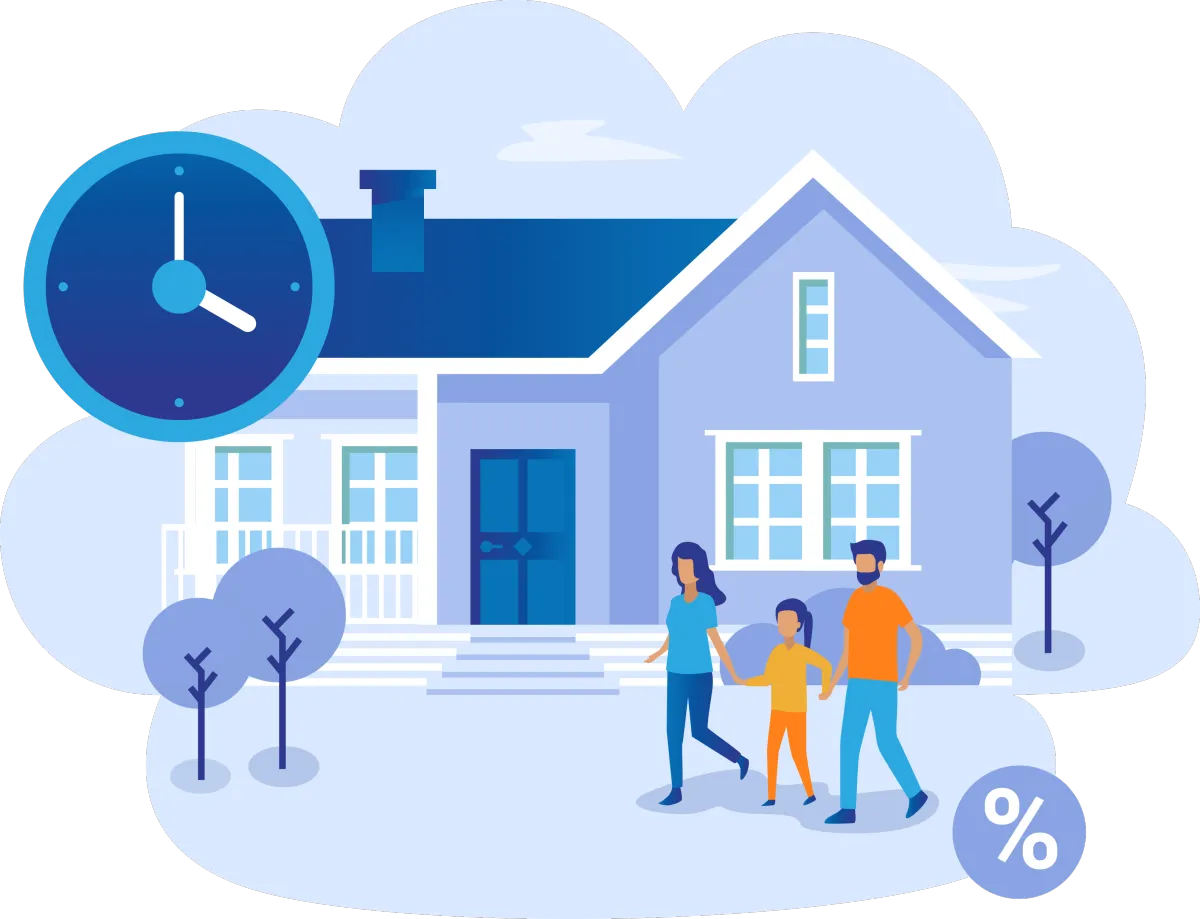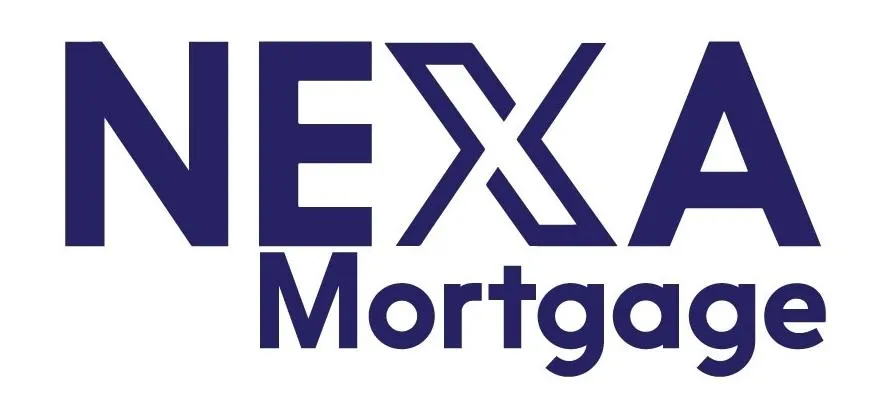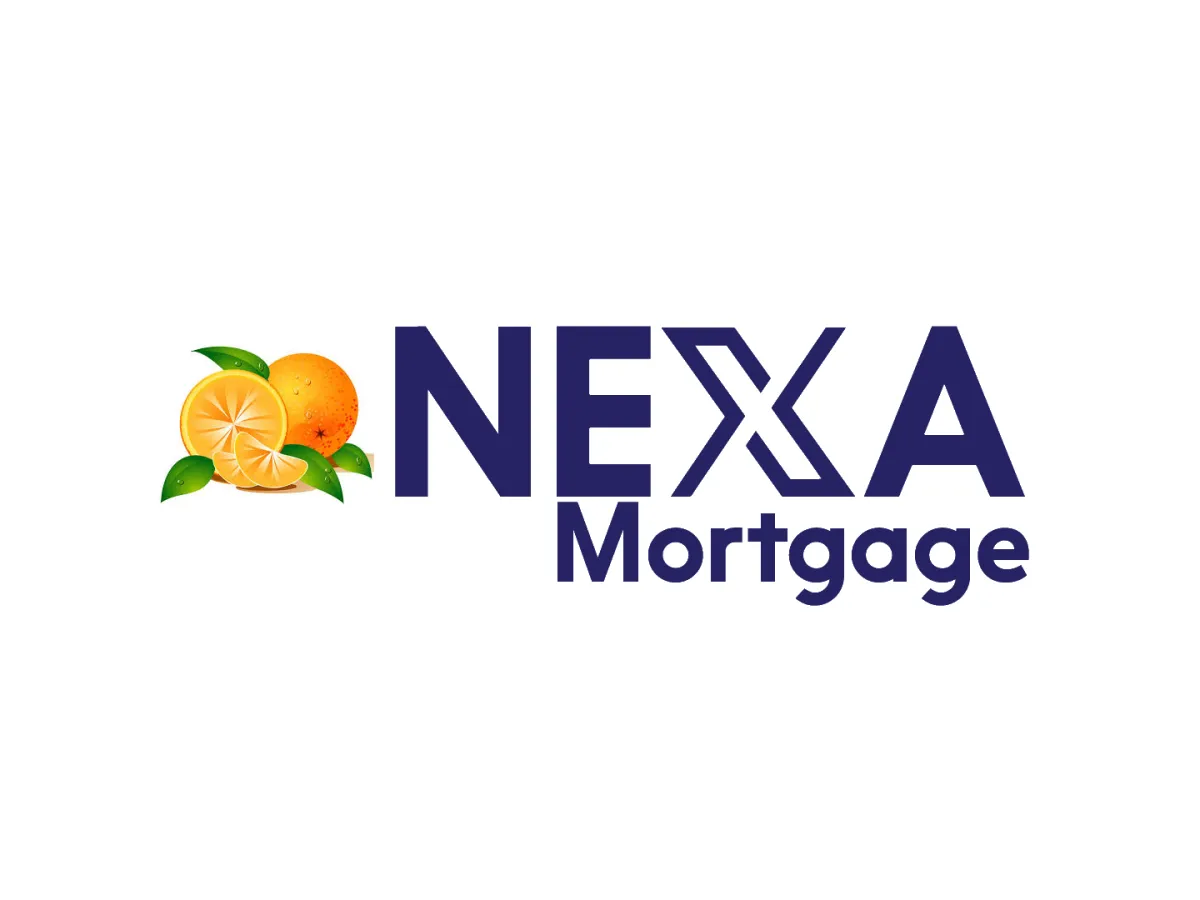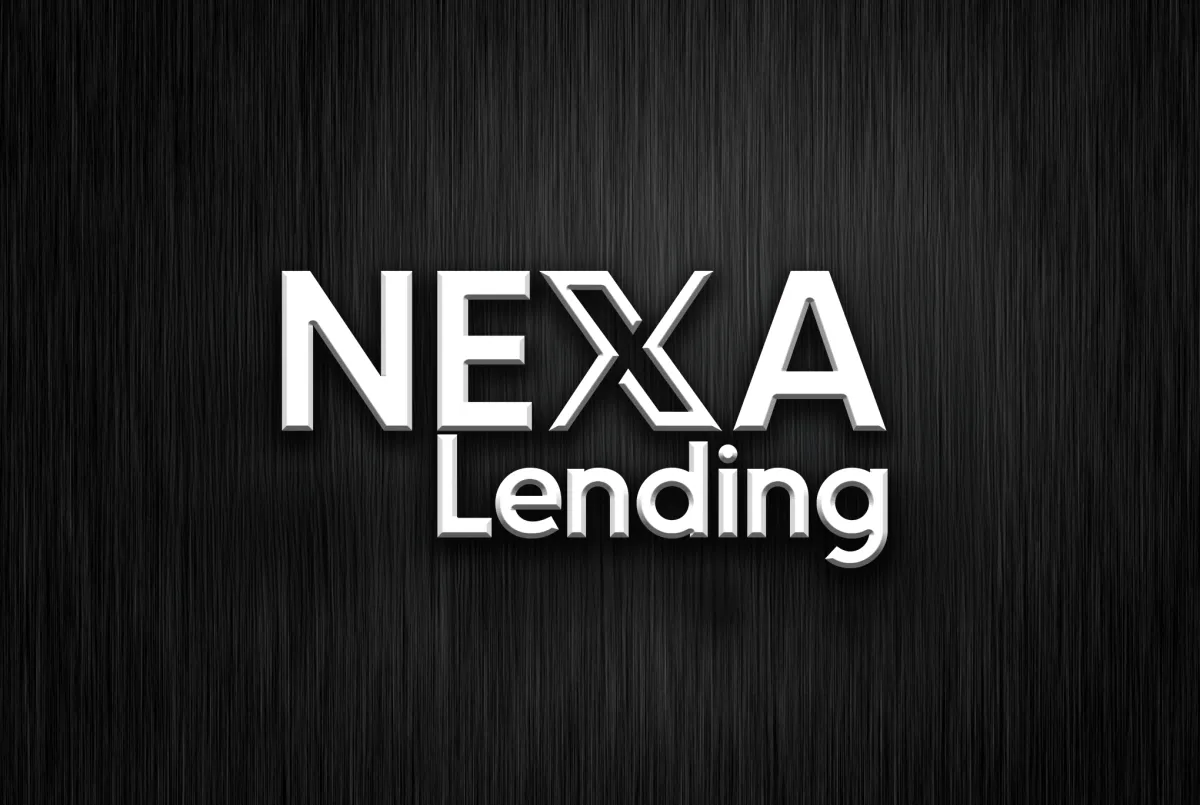
Bank Statement Loans
A Bank Statement Loan is a type of mortgage that allows borrowers to qualify based on their bank statements rather than traditional income verification methods like W-2s, tax returns, or pay stubs.
This type of loan is particularly beneficial for self-employed individuals, freelancers, or business owners who may have difficulty proving their income through conventional means due to fluctuating cash flow or write-offs that reduce their taxable income.


Bank Statement Loans Characteristics
1) Income Verification through Bank Statements: Instead of using tax returns or W-2s to prove income, lenders assess the borrower’s income based on the deposits shown in their personal or business bank statements. Typically, lenders will look at the last 12 to 24 months of bank statements to determine the borrower’s average monthly income.
2) Ideal for Self-Employed Borrowers: These loans are designed for individuals whose income doesn’t fit the traditional mold, such as:
- Self-employed people
- Freelancers or gig workers
- Small business owners
- Commission-based employees
- Contractors

3) Higher Credit Score Requirement: To offset the risk associated with non-traditional income verification, lenders often require a higher credit score, usually around 620 or higher. The higher the score, the better the interest rate and loan terms a borrower can receive.
4) Larger Down Payments: Since bank statement loans are considered higher risk, lenders typically require larger down payments, ranging from 10-25% of the home’s purchase price. The exact down payment depends on the lender, the borrower’s credit score, and other financial factors.
5) Loan Terms: Bank statement loans offer a range of terms similar to conventional mortgages, including fixed-rate and adjustable-rate options, with terms typically ranging from 15 to 30 years.


Bank Statement Loans Characteristics
6) Interest Rates: The interest rates for bank statement loans tend to be higher than traditional loans due to the increased risk for the lender. However, rates can still vary based on the borrower’s credit score, down payment, and loan size.
7) Other Financial Requirements: In addition to reviewing bank statements, lenders may require:
Proof of business ownership (if self-employed).
A profit and loss statement from a certified public accountant (CPA), depending on the loan size.
8) Cash reserves: Lenders may ask for 3-12 months of cash reserves to ensure the borrower has funds to cover future mortgage payments.
9) Debt-to-Income (DTI) Ratio: Lenders will still calculate a debt-to-income ratio, but it may be more flexible than with conventional loans, recognizing the unique financial situations of self-employed borrowers. Typically, DTI ratios are capped at 43-50%.

Copyright ©2026 | Licensed to Do Business |
This is not an offer to enter into an agreement. Not all customers will qualify. Information, rates and programs are subject to change without notice. All products are subject to credit and property approval. Other restrictions and limitations may apply
Corporate | NMLS ID
Corporate Address : 5559 S Sossaman Rd #1-101. Mesa, AZ 85212
© Copyright 2025 NEXA Lending. All Rights Reserved

Navigation
Contact
Social Media

Copyright ©2021 |
Licensed to Do Business |
This is not an offer to enter into an agreement. Not all customers will qualify. Information, rates and programs are subject to change without notice. All products are subject to credit and property approval. Other restrictions and limitations may apply. Copyright © 2021 |
Corporate | NMLS ID
Corporate Address :
Corporate NMLS | Company Website:
NMLS Consumer Access Portal

